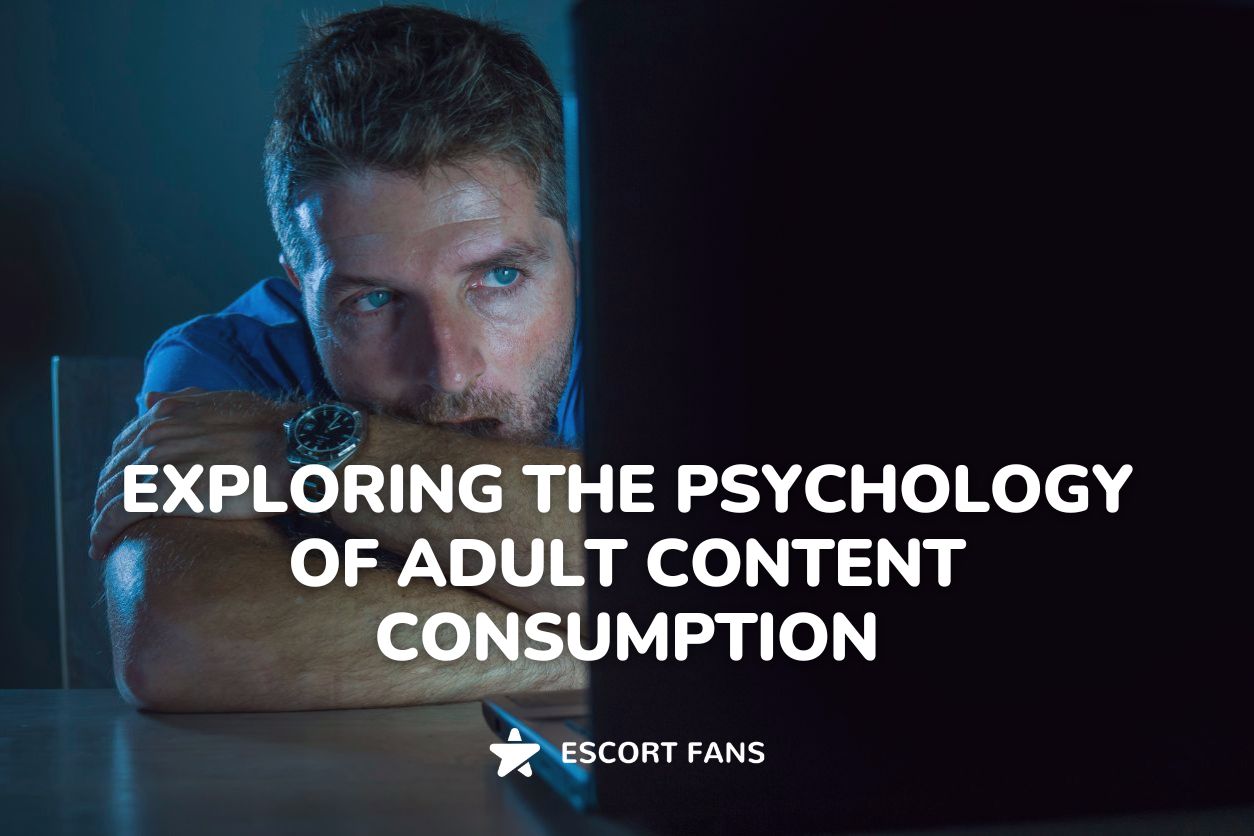Adult content consumption has become a widely discussed topic, but the reasons behind why people engage with it are often overlooked. This article explores the psychology of adult content consumption and sheds light on the various emotional and mental factors that drive individuals to seek it out. Understanding these motivations can help us delve deeper into human behavior and how it influences our relationships with sexual content.
Curiosity and Exploration
At the core of adult content consumption lies curiosity. Humans are naturally curious beings, especially when it comes to taboo or restricted topics. Adult content allows individuals to explore fantasies and desires they may not otherwise experience in their daily lives. The internet has made this more accessible than ever, feeding into that innate sense of curiosity.
Many people use adult content to gain insight into their sexual preferences or to understand aspects of intimacy better. For some, it’s a form of education, especially when sexual education resources are lacking.
Escapism and Stress Relief
One of the main psychological reasons people turn to adult content is escapism. Just as people might unwind with a good book or movie, adult content provides an outlet for those seeking relief from everyday stress. Adult content offers a temporary escape from reality, allowing viewers to disconnect from their routine and indulge in something solely for personal pleasure.
Stress, anxiety, and even boredom often drive individuals to engage with adult content. It acts as a coping mechanism, offering a sense of relaxation or distraction. This can also explain why some people increase their consumption during particularly stressful times.
Validation and Self-Esteem
For others, adult content serves as a way to validate their own desirability or sexual prowess. Watching attractive individuals in sexual acts can boost one’s confidence, even if in a fleeting or artificial way. Some use it to compare themselves or reassure themselves about their performance, which ties into broader self-esteem issues.
Validation is particularly common among those who may feel insecure about their bodies or sexual experiences. Consuming adult content allows them to feel a sense of belonging in a world that often pushes unrealistic body images and sexual norms.

Psychological Reinforcement and Habit Formation
Like many forms of entertainment, adult content can become a habit. People consume it because it offers instant gratification, often releasing dopamine, the “feel-good” chemical in the brain. This reinforcement can lead to repeated consumption, much like any other enjoyable activity.
While many individuals use adult content responsibly, for some, the habitual aspect can spiral into overconsumption. The easy accessibility combined with the psychological rewards creates a feedback loop, where individuals return to the content more frequently for that dopamine rush.
The Role of Loneliness in Adult Content Consumption
Loneliness is another significant factor in adult content consumption. For those who feel isolated or lack intimacy in their relationships, adult content may offer a semblance of connection. Watching people engage in intimate acts can provide temporary relief from feelings of loneliness, even if the connection is one-sided.
However, it’s important to recognize that if over-relied upon, this can sometimes exacerbate feelings of isolation. For some, it becomes a substitute for real human interaction, which can create more problems down the line.
The Complex Nature of Adult Content Consumption
The psychology of adult content consumption is far more intricate than most realize. It involves a complex mix of curiosity, escapism, validation, habit formation, and loneliness. By understanding these driving factors, we can foster a more open and informed conversation about why people engage with adult content and the potential effects it has on their mental well-being.
In recognizing the psychological elements at play, it becomes clear that adult content consumption is not inherently harmful or beneficial, but it is deeply tied to how individuals navigate their emotional and mental states.

